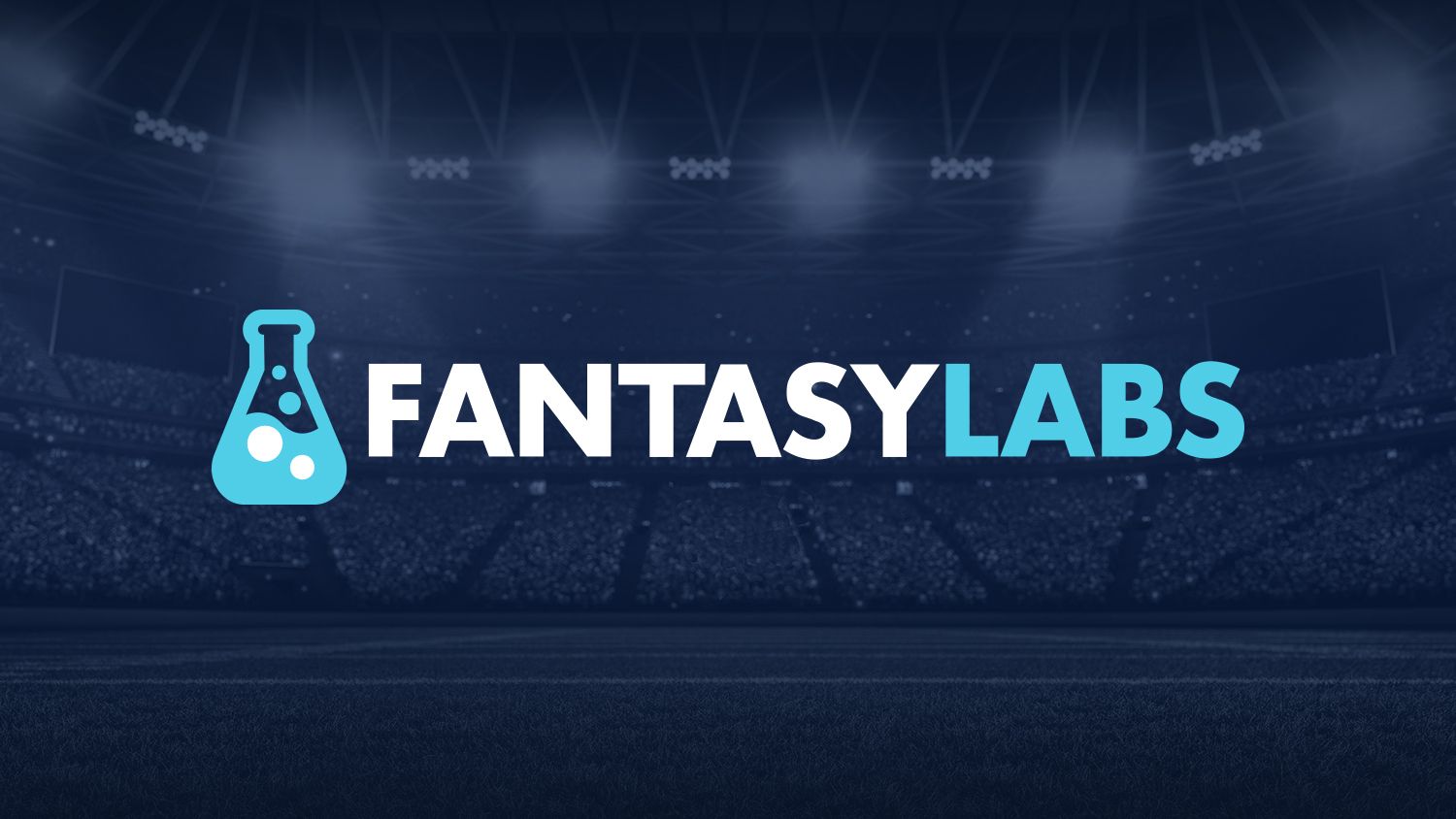As DFS players, we spend most of our time looking forward to the next slate, the next season, etc. Equally important, though, is looking back. Figuring out the thought process that leads to winning lineups is crucial. That’s what makes us better players long term.
The winner of the Week 10 Millionaire Maker was giantsquid, a 150-entry player. They had relatively flat player exposures — which made sense on a week with plenty of good plays but no truly elite options. Let’s check out their lineup that took down first place by 1.5 points.
The Lineup

The Stack
One of the benefits of mass multi-entry (MME) play is the ability to build various combinations of rosters around a specific idea. I mentioned in my Week 10 Breakdown that I thought Purdy was an awesome play, with the challenge of figuring out which piece(s) from San Francisco to stack him with.
Apparently, the answer was Jauan Jennings and George Kittle, as that’s the stack giantsquid used to take down the Millionaire Maker. Ricky Pearsall in place of Jennings also would’ve worked, with Pearsall scoring an additional point for a cheaper price.
Either way, if you have strong feelings about pocket passers like Purdy, it makes sense to mix and match stacks around them. It’s somewhat hard to predict on a weekly basis which of his teammates will have the best (price-considered) weeks. I do like skewing slightly more heavily to the tight end, though, given the challenge of finding points there on most slates.
No bring-back from the Bucs this time around, though they could’ve swapped Rachaad White or Bucky Irving for Austin Ekeler and still finished in first place.
Other Correlations
The aforementioned Ekeler was paired with his teammate Noah Brown in this lineup. They ended up being two of the weaker parts of the roster, but with other cheap wide receivers failing to separate and Ekeler finishing roughly equal with backs in his price range it didn’t much matter. This is probably not a combination anyone would’ve built manually, but obviously worked out just fine.
That was it in terms of correlation in this lineup. As always, in massive-field tournaments like this, correlation is less important — you effectively need to get every spot right.
The Chalk
Bijan Robinson was my favorite play on the slate, and he paid off in this winning lineup from giantsquid. While he was somewhat chalky, he was in the second tier of running back plays this week and provided a ton of leverage against the more popular Alvin Kamara. giantsquid mixed and matched the solid running back plays on the slate, but deserves props for having more Robinson and less Kamara when the field had that flipped.
It was a similar story at defense, where giantsquid went with New England in this lineup. The Patriots were a popular choice but a clear second fiddle to Chicago. While giantsquid played both roughly evenly, that effectively gave them plenty of leverage on the Pats side. Those two defenses made up over 60% of their exposure, which was spread among seven units. Both teams put up solid scores, but the Patriots were true separators. This should serve as a reminder not to invest too heavily in the week’s chalk defense.
I’m not sure if James Conner, at roughly 10% ownership, qualifies as chalk or not. He had a solid but unspectacular day, largely thanks to an expanded role in the passing game.
The Sleepers
The key to this lineup ended up being Calvin Ridley, whose absurd target share since the Deandre Hopkins trade somehow went unnoticed by the field. The matchup with the Chargers possibly explains his low ownership, but we probably shouldn’t worry too much about defense when a player sees this many targets with a deep aDOT.







